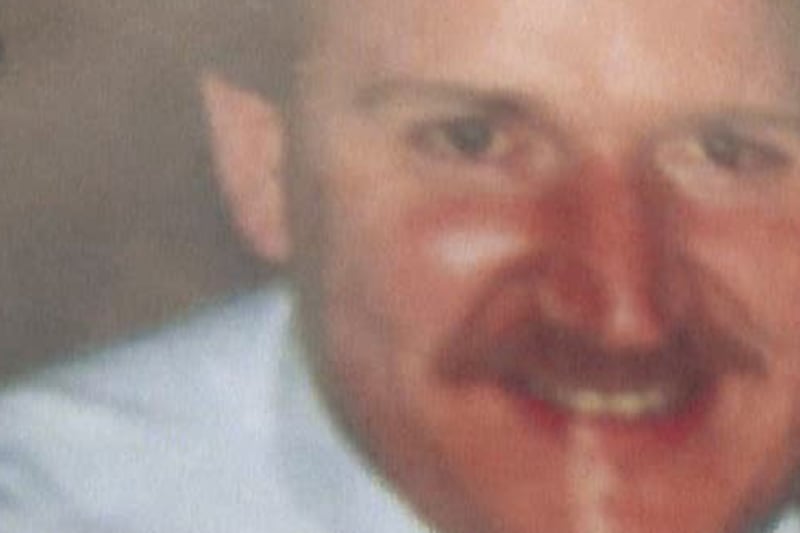When a domestic abuse crime is committed, a happy home can change in an instant from being a place of haven.
Domestic abuse covers physical, sexual, psychological or financial abuse and can range from threatening behaviour to violence - beatings, bruised and broken limbs, and worse.
It is one of the biggest challenges faced by the PSNI, with 13,933 of domestic abuse crimes recorded for 2016/17, giving an average of 38 each day of the year.
From June 2016 to June 2017 there were 13,873 domestic abuse crimes alone recorded, with a further 16,854 incidents recorded where there was no crime but which still required police attendance.
As PSNI records show for 2015/16, the abuser is substantially more likely to be a male spouse or partner (86%) and the victim is more likely to be a woman (69%).
However, not all crime is against women; just under a third was carried out against men by other men and women, and over a quarter of crime carried out was against a parent and a child, with a small number against siblings.
Behind the statistics is the shocking truth that domestic abuse significantly impacts on people and families living in our community.
While it may be a hidden crime compared to others, it has a long lasting legacy on its victims, who often struggle to face up to their abuser and report the crime to the PSNI.
This new PSNI video gives an insight into what serving officers face when they respond to a call for assistance in a domestic abuse incident.
It’s part of a new recruitment campaign to give potential candidates a ‘real life’ glimpse into what being a serving officer entails and the value of their contribution to society.
The video shows children happily Snapchatting on a phone and captures the moment in the background when their father begins to berate their mother for neglecting to pick up his suit from the dry cleaners.
It cuts to where the woman has called the police for assistance and an officer begins the investigation process to help keep the victim safe and bring the abuser to justice.
The PSNI hopes to attract 300 new constables in a recruitment drive which is open for applications until Friday November 10.
Constables will receive a starting salary of £19,500, rising to £38,000 after recruits have undergone further experience and training.
To be eligible, applicants must have a minimum of 5 GCSE A*-C grades, including maths and English, as well as basic computer skills.
An online assessment, which is being offered to encourage more Catholics to apply, will test applicants’ verbal reasoning as well as situational judgement, followed by further assessment stages.
Do you have what it takes to make a difference in your community? Start a career with the PSNI and make a difference. Apply at www.joinpsni.co.uk by November 10 2017
Practical Tips for a friend or relation being abused:
- Find out information about your friend/loved one’s rights and the services available so they can make informed choices, for example, contact specialist support agencies such as Women’s Aid or Men's Advisory Project who can provide practical and emotional support
- Agree a code word or action that if he/she says to you or you see, you know they’re in danger and cannot access help alone
- Get some support yourself. You have to be strong if you’re going to be able to help them. Most domestic abuse services are happy to help with any worries you may have or provide suggestions as to other actions you might take
- Most importantly, don’t give up on them. You might be their only lifeline.
If you, or any of your relatives or friends need help and are living in an abusive environment, a comprehensive guide to what assistance and support is available can be found at https://www.psni.police.uk/crime/domestic-abuse






